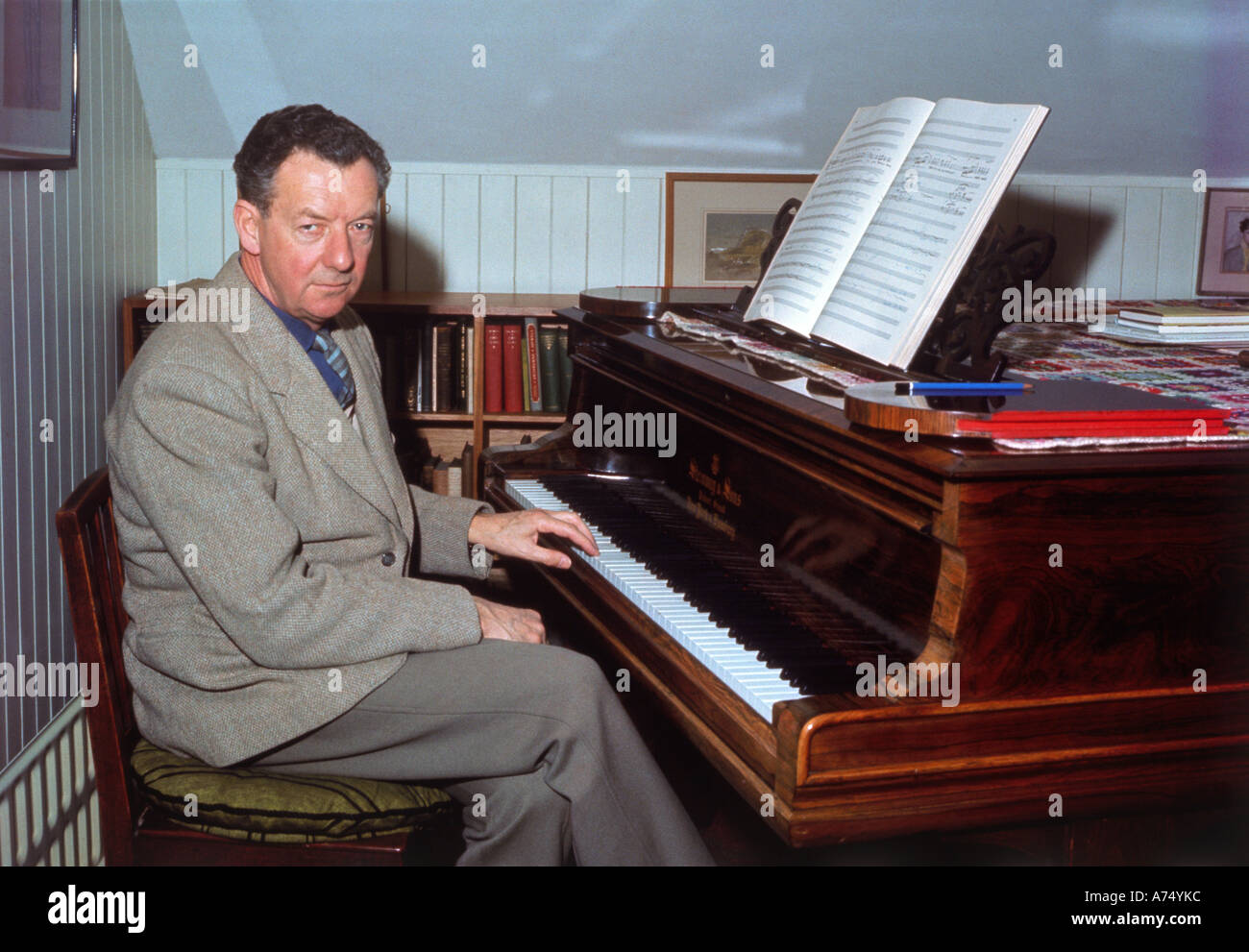
Benjamin Britten, one of the most significant British composers of the 20th century, is celebrated for his contributions to opera, orchestral music, and choral works. His innovative compositions and profound musical voice have left an indelible mark on classical music. As we move further into the 21st century, there has been a concerted effort to “makeover” Britten’s legacy, reassessing his work and its relevance in a contemporary context. This article explores how Benjamin Britten’s music is being reinterpreted and revitalized, shedding light on the various facets of his ongoing influence.
The Timelessness of Britten’s Music
Benjamin Britten (1913-1976) was a prodigious talent whose works spanned various genres, including opera, orchestral music, choral settings, and chamber music. His compositions are noted for their melodic inventiveness, harmonic richness, and social commentary. Britten’s most renowned works include operas such as Peter Grimes, The Turn of the Screw, and Billy Budd, as well as orchestral pieces like The Young Person’s Guide to the Orchestra.
Britten’s music reflects a deep engagement with human emotions and social issues, making it both relevant and resonant. His works often grapple with themes of social justice, existentialism, and the human condition, which continue to strike a chord with audiences today. However, as with any great artist, the challenge is to ensure that his music remains accessible and appreciated by new generations.
The Modern Makeover: Reinterpretation and Revival
The process of giving Britten’s legacy a modern makeover involves several key elements:
- Fresh Interpretations and Productions: Contemporary directors and conductors are re imagining Britten’s operas and compositions, bringing new perspectives to his work. Modern productions of Britten’s operas often incorporate contemporary staging techniques and innovative interpretations, making them relevant to today’s audiences. For instance, recent productions of Peter Grimes and The Turn of the Screw have utilized modern set designs and multimedia elements, offering fresh insights into Britten’s complex characters and themes.
- Diverse Performances and Arrangements: Britten’s music is being performed in diverse settings and arrangements, expanding its reach beyond traditional concert halls. Cross-genre collaborations, including performances with electronic music and popular genres, are introducing Britten’s work to new audiences. This approach not only revitalizes his music but also demonstrates its adaptability and continued relevance.
- Educational Outreach and Engagement: Educational initiatives play a crucial role in keeping Britten’s legacy alive. Workshops, lectures, and educational programs focused on Britten’s music are being implemented to engage young musicians and students. By integrating Britten’s work into educational curricula and community programs, new generations are being introduced to his compositions and their historical context.
- Scholarly Reassessment: Recent scholarly work has revisited Britten’s compositions, uncovering new insights and interpretations. Musicologists and historians are exploring aspects of Britten’s life and work that were previously overlooked, shedding light on his creative processes, influences, and impact. This academic reassessment contributes to a deeper understanding of Britten’s music and its significance in both historical and contemporary contexts.
Britten’s Enduring Influence
Despite the modernization efforts, the essence of Britten’s music remains unchanged. His ability to capture the human experience through his compositions continues to be a source of inspiration. The themes of isolation, struggle, and redemption present in Britten’s work resonate with audiences across different cultures and eras. His innovative approach to musical storytelling, coupled with his technical prowess, ensures that his music remains influential.
Britten’s impact extends beyond his compositions. His contributions to the development of 20th-century music, including his role in establishing the English Opera Group and his advocacy for contemporary music, have shaped the landscape of classical music. The modernization of Britten’s legacy not only honors his achievements but also reinforces his role as a pioneering figure in music history.
Conclusion
The makeover of Benjamin Britten’s legacy in the 21st century is a testament to the enduring relevance and adaptability of his music. Through reinterpretations, diverse performances, educational outreach, and scholarly reassessment, Britten’s work continues to captivate and inspire new generations. His compositions remain a vibrant and integral part of the classical music canon, reflecting the complexity and depth of the human experience. As Britten’s music continues to evolve and resonate, his legacy is being revitalized, ensuring that his profound contributions to music are celebrated and appreciated for years to come.






